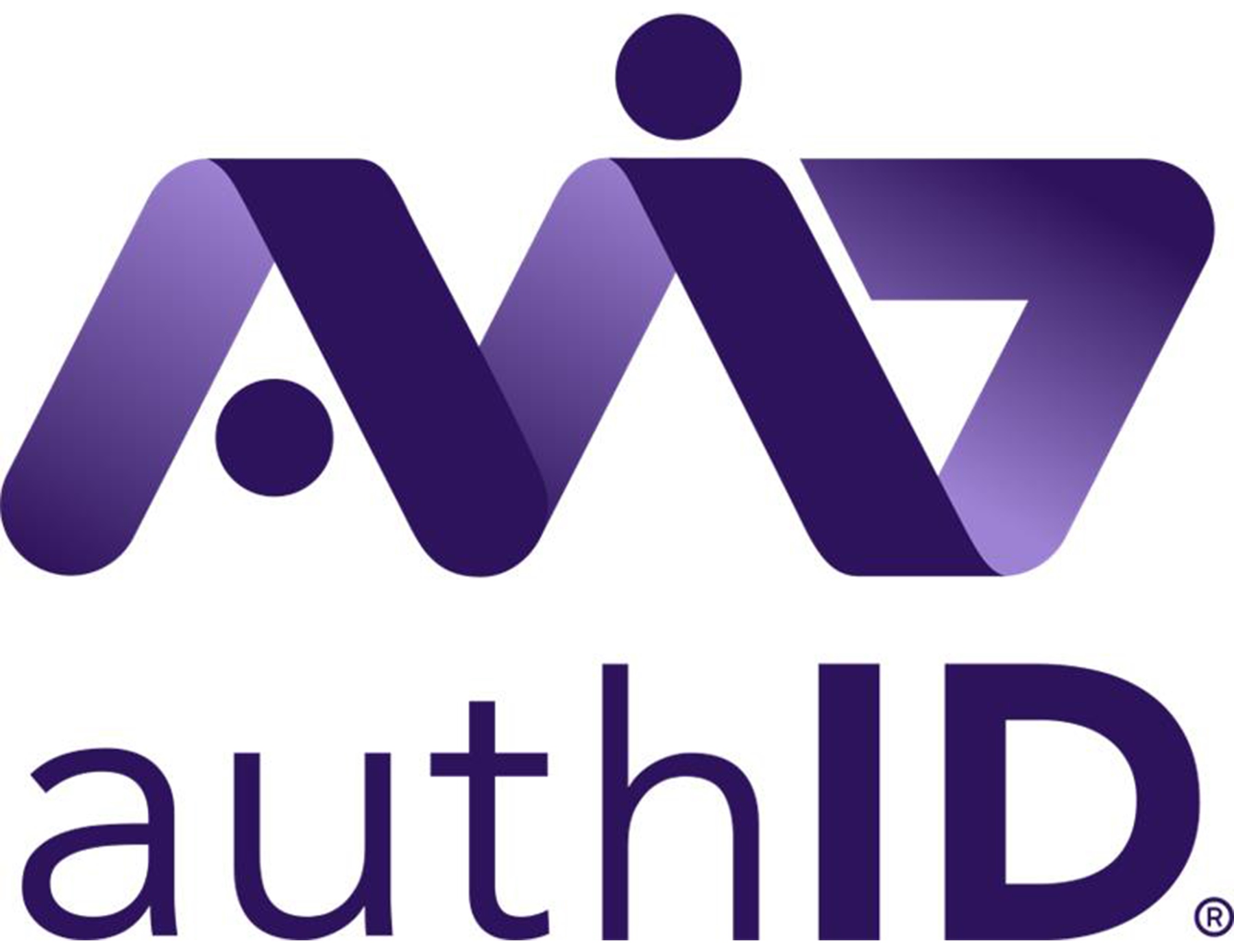Blockchain
Cryptocurrency after the European Union’s MiCA regulation

The Markets in Crypto-Assets Regulation (MiCA) represents a pivotal moment in the European Union’s efforts to regulate the rapidly evolving crypto market. Its timeline and provisions are critical for both crypto businesses and investors. Key dates include the application of stablecoin provisions starting from June 30, 2024, and the full implementation of MiCA on December 30, 2024, marking a transformative phase for the crypto landscape.
MiCA’s staggered timelines and transitional periods, extending up to June 30, 2026, indicate a fragmented implementation across the EU and European Economic Area (EEA). Countries like Ireland, Spain, and Germany will offer a 12-month transitional period, while others, such as France, will allow 18 months. Lithuania, however, may only grant a five-month period. This phase is likely to drive market consolidation as not all service providers will secure MiCA licenses, prompting some to capitalize on the interim period before winding down operations.
The competition among EU/EEA jurisdictions to become the leading hub for crypto activities is intensifying, with France, Malta, and Ireland vying for the top spot. However, the readiness and compliance of regulators pose significant challenges. Regulators need time to upskill their staff to handle MiCA applications, especially in regions with high applicant volumes. The complexity of various business models, including numerous products unfamiliar to regulators, further complicates this task. Substantial training efforts are required to authorize and supervise this sector effectively.
MiCA, along with related Level-2 measures and other applicable EU instruments such as anti-money laundering laws, the Digital Operational Resilience Act (DORA), and the Electronic Money Directive (EMD), creates a complex regulatory framework. Understanding the specific provisions and required documentation for each entity type will be challenging for some. The delisting of crypto-assets, particularly stablecoins, from EU exchanges due to issuers’ failure to obtain licenses on time will pose significant hurdles and limit asset availability for consumers.
Adapting to MiCA will strain many entities, necessitating substantial investments in technological infrastructure. The Travel Rule, which requires information sharing between VASPs with each crypto transaction, will also come into effect alongside MiCA. This rule mandates CASPs to transfer detailed information about the originator, including their address, personal identification number, and customer identification number. In rare cases, it may even require disclosing the originator’s date and place of birth, adding another layer of complexity. This highlights the need for harmonization within the EU and solutions for complying with the Travel Rule that enable secure data sharing while preserving user privacy.
Despite these challenges, MiCA instills confidence in EU entities through heightened regulatory oversight, promoting investor protection and attracting mainstream institutional participation. Enhanced consumer protection measures mitigate risks such as fraud and hacking, fostering trust among retail clients. MiCA’s reporting requirements will provide regulators across the EU with more data, empowering them to monitor market activities effectively. The ability to freely passport activities across the EU will facilitate cross-border operations, reduce regulatory fragmentation, and expand market reach.
MiCA’s comprehensive regime sets a precedent for global regulatory frameworks. Other jurisdictions are already observing and may replicate some of MiCA’s provisions and approach, contributing to regulatory harmonization on a worldwide scale. However, concerns remain about whether MiCA will stifle growth and innovation, prompting businesses to relocate to more permissive jurisdictions.
MiCA’s gaps in regulating emerging areas like true DeFi, lending, and NFTs necessitate ongoing policy discussions and further regulatory measures. Future reports on these aspects will inform regulatory developments, potentially leading to a second iteration of MiCA in the next four to five years or supplementary measures.
MiCA signals a new era of regulation in the crypto market, aiming to balance innovation with investor protection and market integrity. While challenges persist, MiCA lays the groundwork for a more transparent, secure, and inclusive crypto framework in the EU and beyond. As the crypto landscape continues to evolve, regulatory regimes must adapt to emerging trends and technologies, ensuring sustainable growth and fostering investor confidence.
Source: crypto.news
The post Cryptocurrency after the European Union’s MiCA regulation appeared first on HIPTHER Alerts.
Blockchain
authID Reports Financial and Operating Results for the First Quarter Ended March 31, 2025
Blockchain
Blockchain Futurist Conference Releases Final Schedule
Blockchain
U.S. Factoring Services Market Analysis by Product, Technology, Grade, Application and End-user (2019-2032) – Next-Gen Technologies Drive Surge in Alternative Financing Access for SMEs
-
Blockchain7 days ago
Colb Asset SA Raises $7.3 Million in Oversubscribed Round to Bring Pre-IPO Giants to Blockchain
-

 Blockchain Press Releases6 days ago
Blockchain Press Releases6 days agoHTX and Justin Sun Launch $6M Mars Program Special Edition, Offering One User a Historic Space Journey
-

 Blockchain5 days ago
Blockchain5 days agoBitget Blockchain4Youth sostiene l’innovazione del Web3 e dell’IA all’hackathon “Build with AI” di Google Developer Group
-

 Blockchain6 days ago
Blockchain6 days agoBlocks & Headlines: Today in Blockchain – May 9, 2025 | Robinhood, Solana, Tether, China, Women in Web3
-

 Blockchain Press Releases5 days ago
Blockchain Press Releases5 days agoBybit Surpasses 70 Million Users, Reinforces Commitment to Transparency and Institutional Growth
-

 Blockchain7 days ago
Blockchain7 days agoBlocks & Headlines: Today in Blockchain – May 7, 2025 | Coinbase, Riot Games, Curve DAO, Litecoin, AR.IO
-

 Blockchain7 days ago
Blockchain7 days agoFlipido Trading Center Launches ‘Flipido Learn’ Platform to Empower Crypto Investors Through Education
-

 Blockchain Press Releases6 days ago
Blockchain Press Releases6 days agoMEXC Lists USD1, Accelerating Global Stablecoin Innovation with World Liberty Financial































